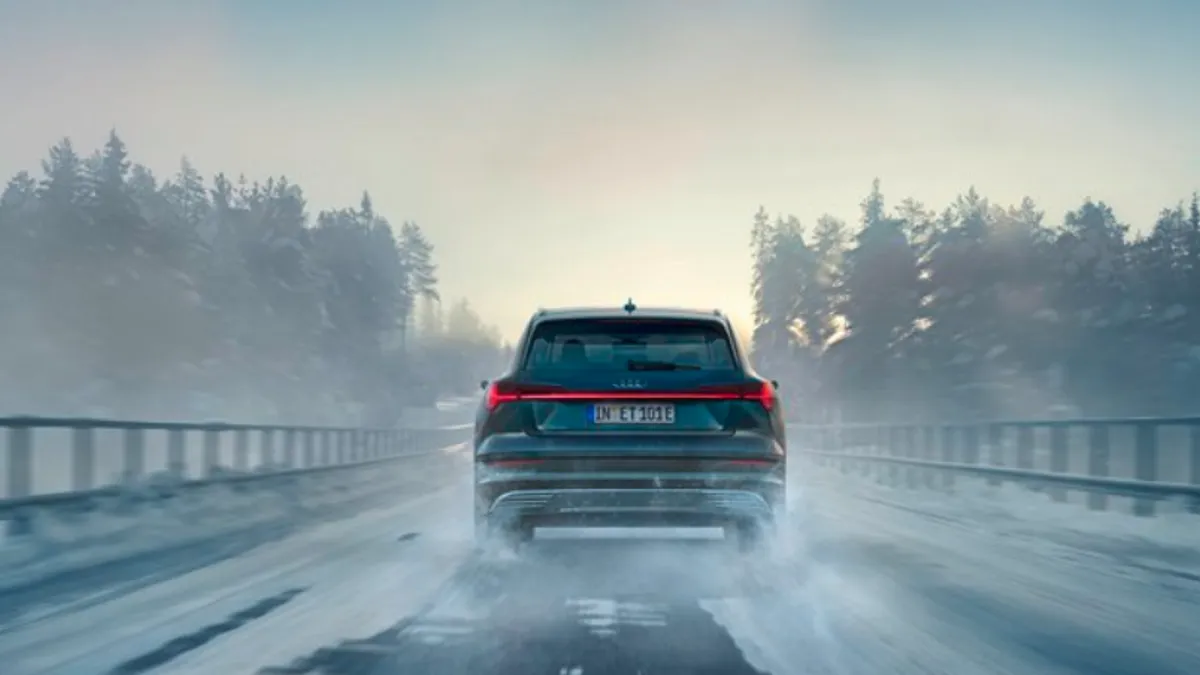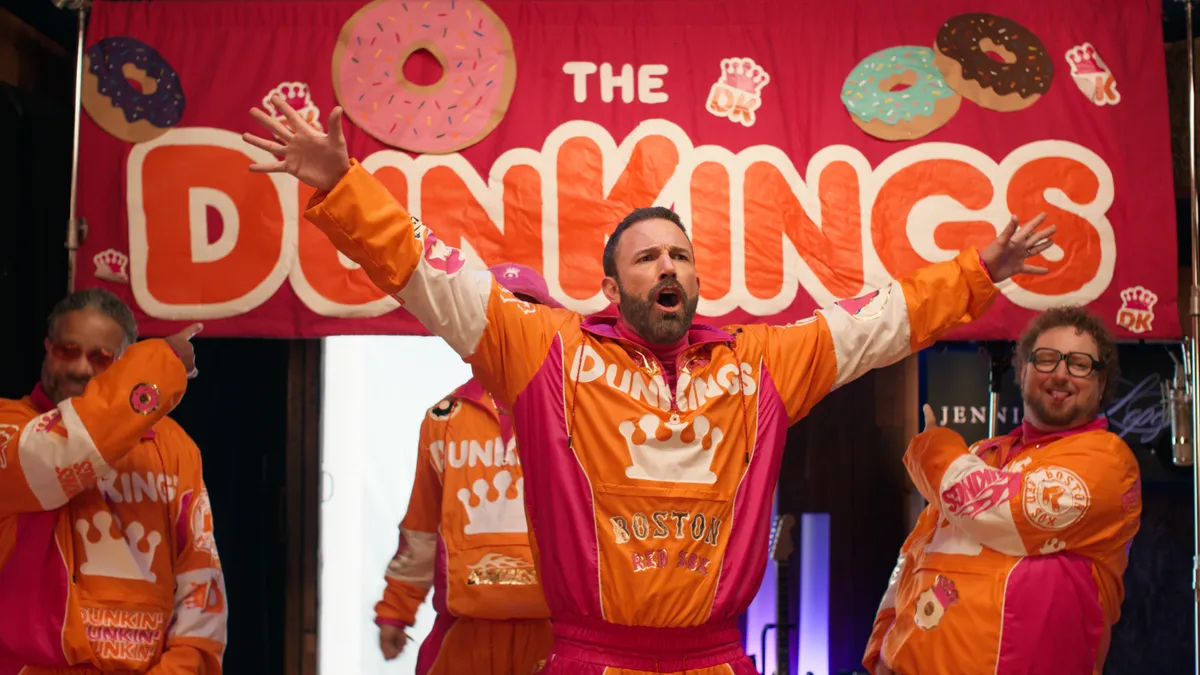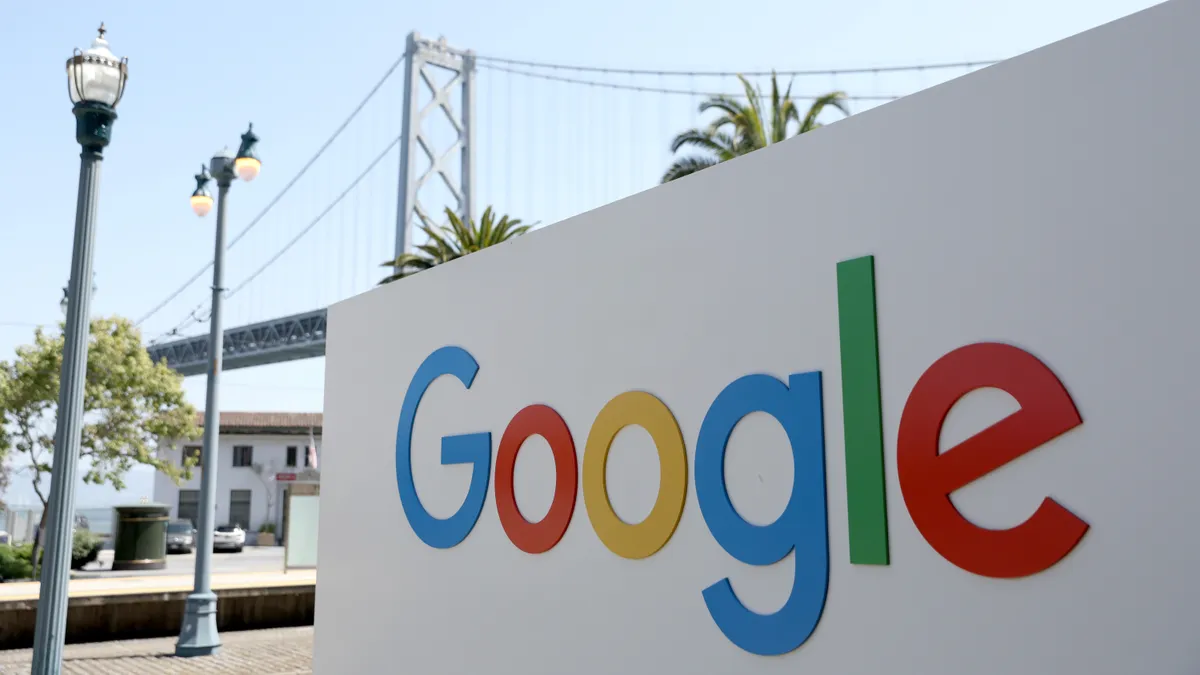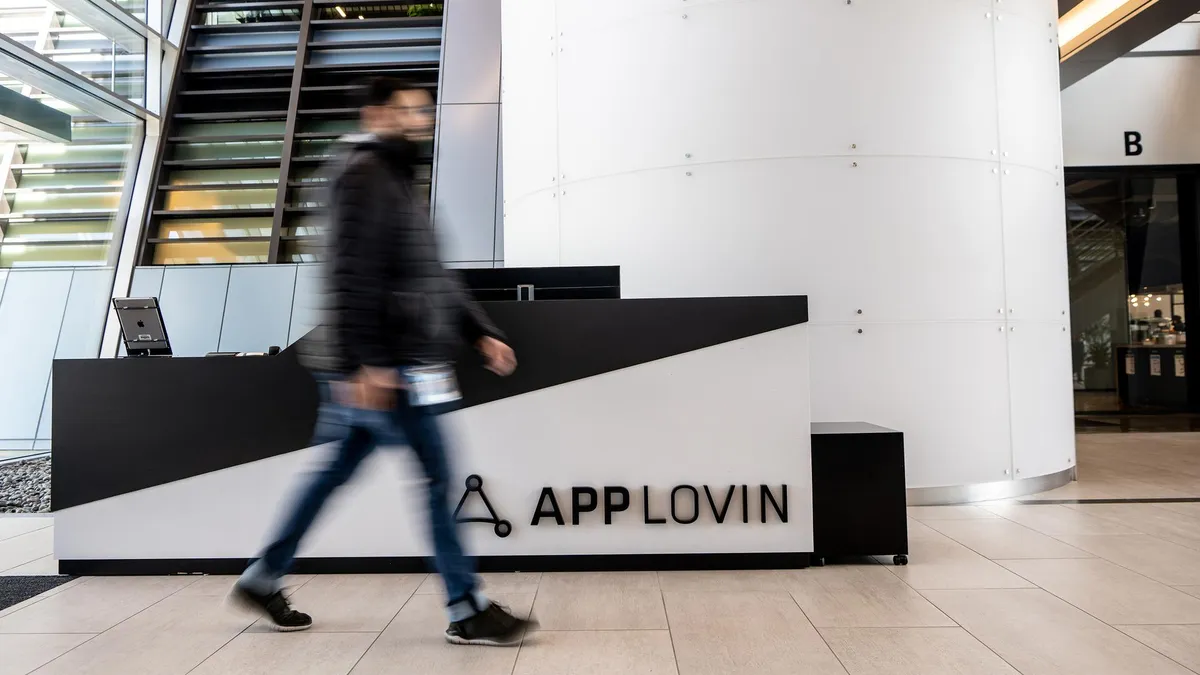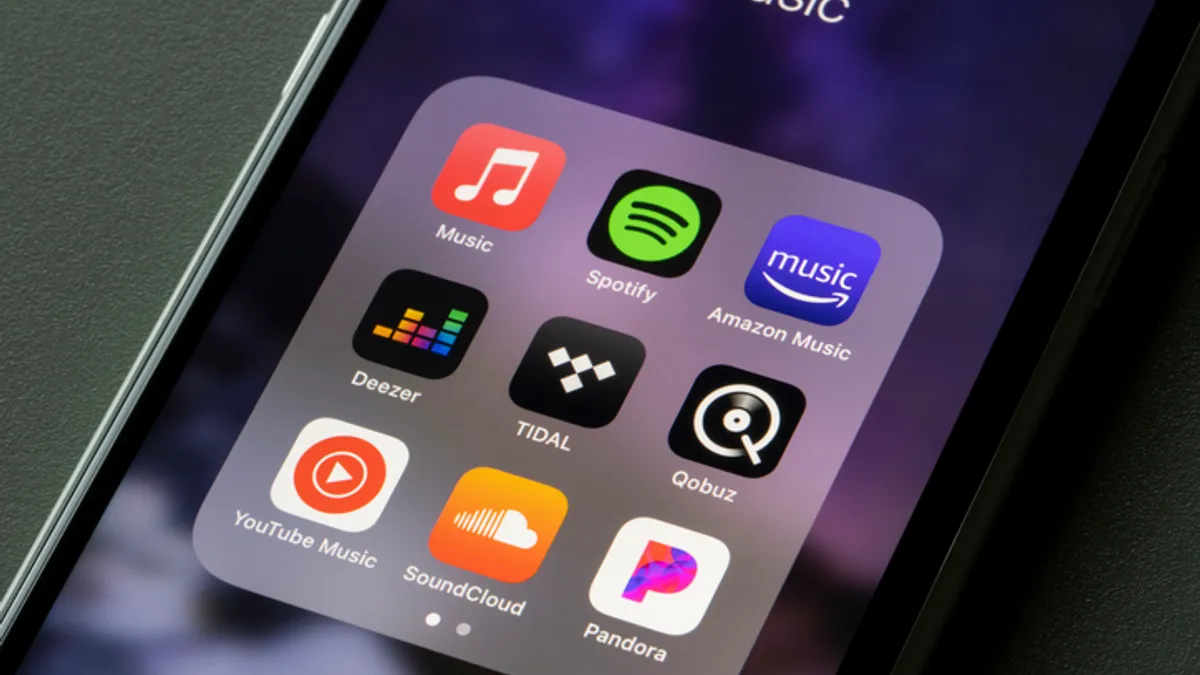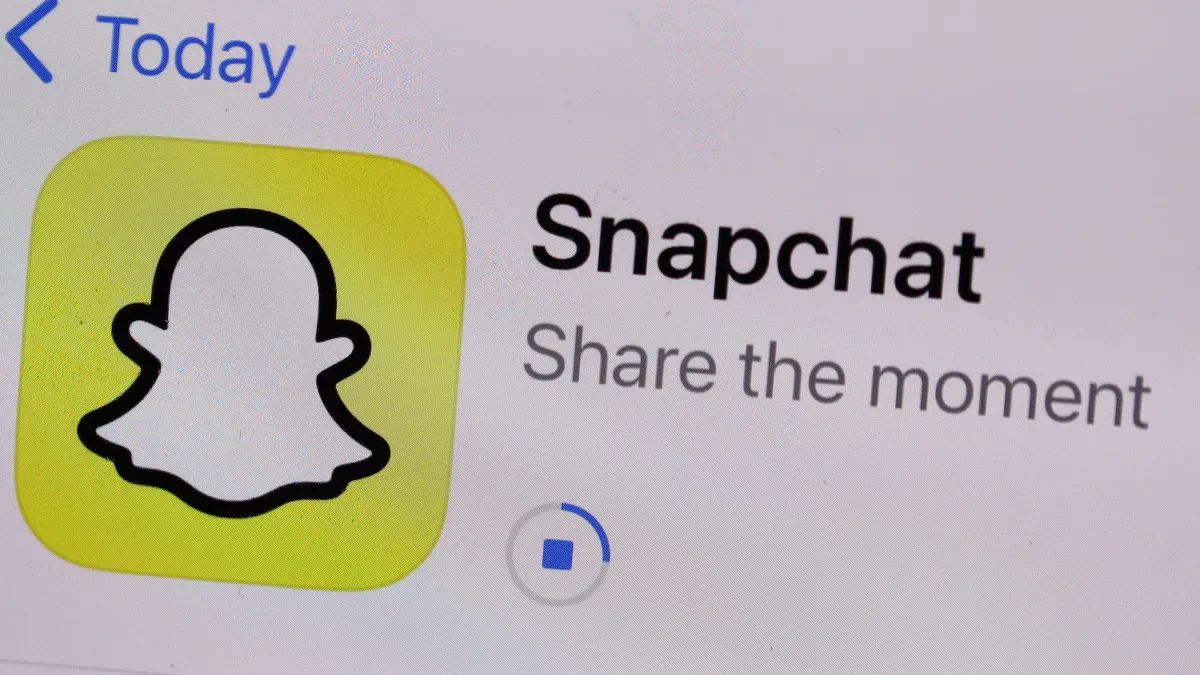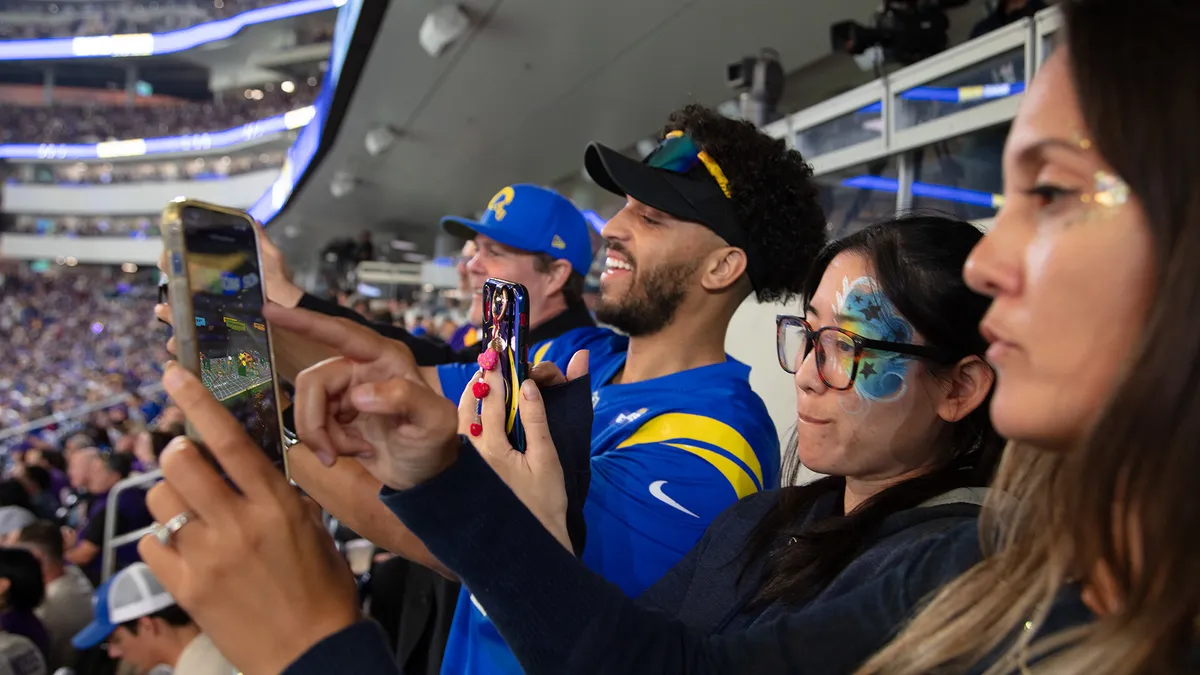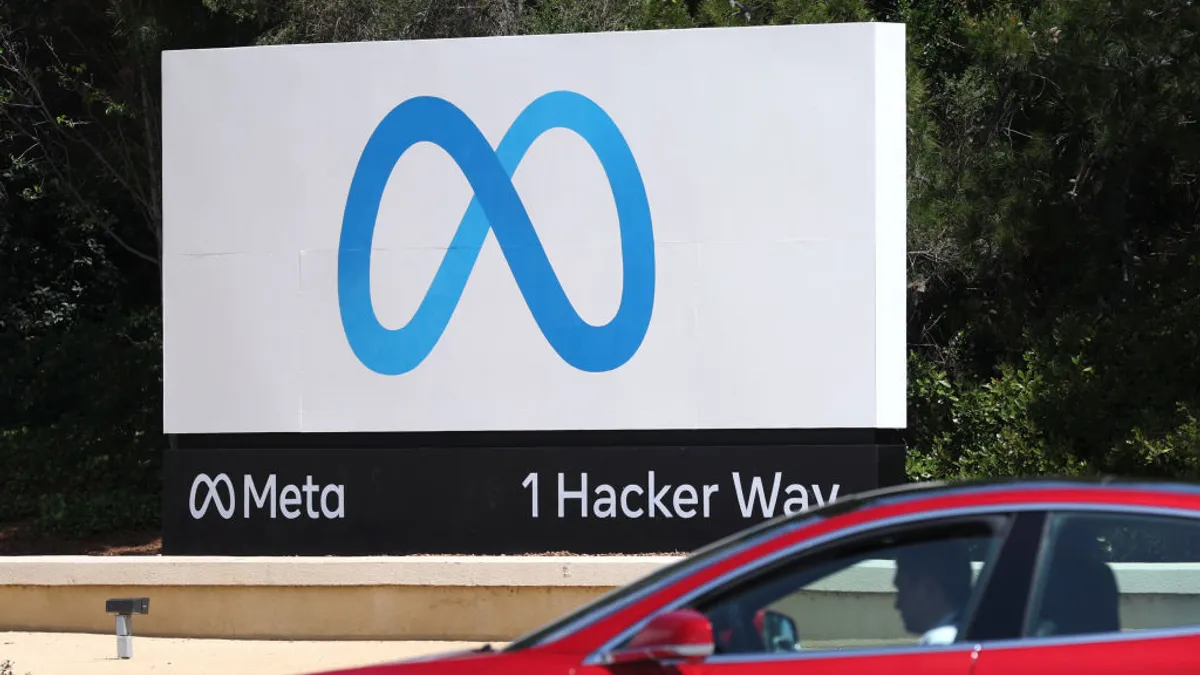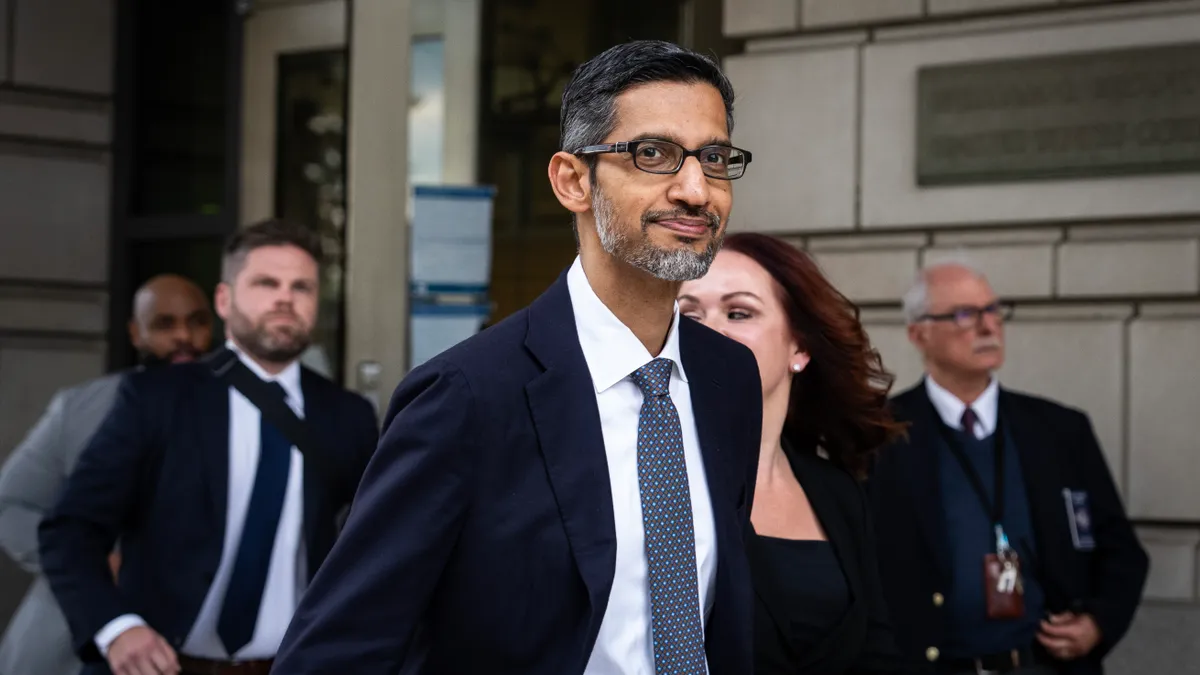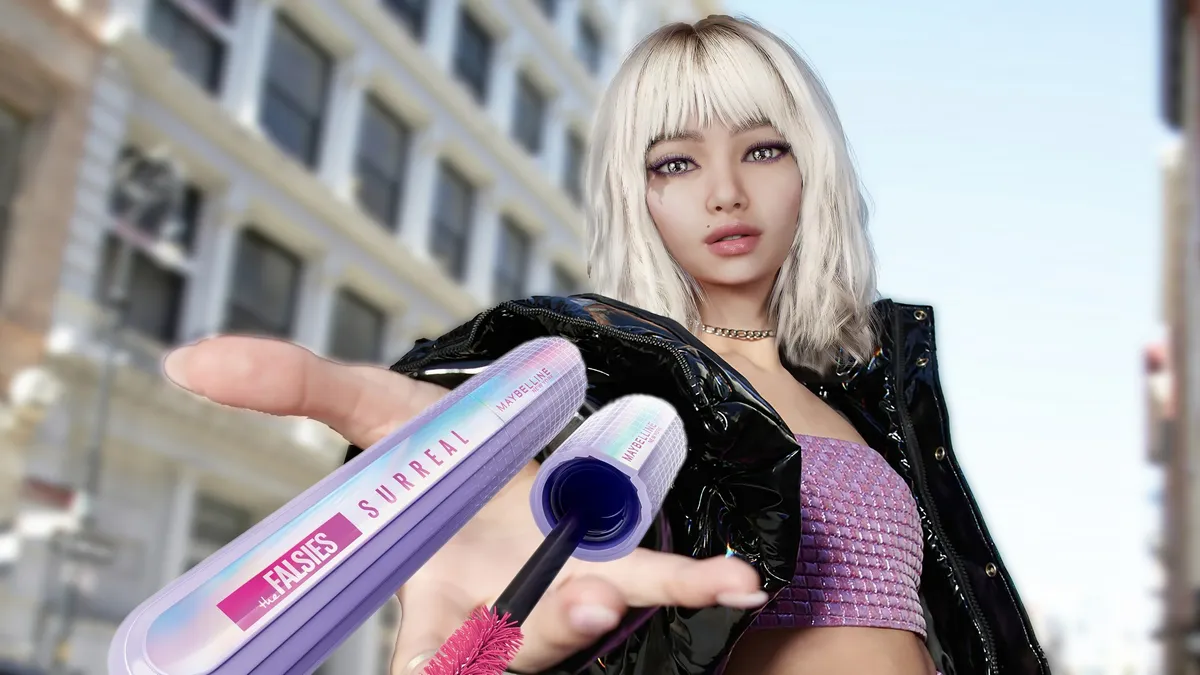Volkswagen Group's Audi brand might be a household name in the luxury category today, but the path to achieving that status hasn't always been smooth in the U.S., especially in the face of larger automotive competitors.
"We were the brand for the very few, the very limited, the creative class — that was not a successful space for a premium product," Loren Angelo, VP of marketing at Audi of America, said during a talk at the 4A's Decisions 20/20 conference in Oxon Hill, Maryland, last week.
"Going back 11 years now, we were a brand that was basically traded on price," he added. "That is the worst possible place you want to be as a luxury brand: to be the value choice when you couldn't afford the Mercedes Benz [or] you couldn't afford the BMW."
Being smaller, however, sometimes necessitates a more tailored approach that can help marketers eventually emerge as true challengers in their category. For Audi, a combination of more carefully picking its partners and media channels, all while putting a bigger spotlight on its progressive messaging and car technology, has helped to better distinguish its business, boosting brand awareness to 83% among U.S. consumers last year, according to slides Angelo shared.
As the car industry weathers growing disruption brought on by the rise of mobility services, autonomous vehicles and the demand for more electric offerings, the German automaker feels confident that it's laid the groundwork to thrive in those areas and, in doing so, will continue to win over drivers in the country.
"This idea of the progressive luxury choice is something that we started to carve out, and not just by talking about our great engineering, because everybody's got their new piece of technology," Angelo said. "It was by starting to tell those substantive stories about how our brand was different, starting to use a little charm in advertising and to do it in a way that actually gives people a point of view."
Picking the right partners
Despite other gains Audi has made in creating a stronger U.S. footprint, such as boosting purchase consideration to 78% among drivers in 2018, the brand must continue to innovate to restore momentum in key areas, namely sales. A 16-month growth streak finally faltered last October, and the marketer has experienced five consecutive months of declines since then, Bloomberg reported in March. A difficult aspect of Audi's operations from a marketing standpoint is making sure every media dollar counts and makes an impact on channels like social and PR.
"We're outspent two to one by Mercedes-Benz and Lexus in the marketplace," Angelo said at his talk. "For us to stand out as a brand we have to make sure that every marketing dollar that we put in is delivering a three-to-one return … [competitors] get two to three more chances to hit the consumer than we do."
One area that's remained resilient is Audi's partnerships, which touch across disruptor brands in sectors like sports, entertainment and retail. The automaker worked on product integrations with Marvel Studios long before the superhero behemoth took over Hollywood, with the R8 being the model of choice for Tony Stark in the earliest entries in the "Iron Man" movies that helped to build the franchise.
"Marvel was coming about on its own at the same time [as Audi], and gave us a position to start to build the Audi brand in America," Angelo said.
Audi has also leveraged tie-ups to show off its technology offerings, including through a deal with Major League Soccer (MLS). Together with Opta Media, the automaker created the Audi Player Index in the official MLS app, helping fans stay informed on statistics that can otherwise be hard to find in a centralized location.
"[Soccer] is one of the fastest-growing sports in America. We, as a progressive brand, recognize the opportunity ... but we didn't want to be a step-and-repeat brand," Angelo said. "We actually bring sports and statistics to the game."
Forging a 'progressive' luxury brand
Amid a growing consumer demand for purpose-led marketing, Audi has also taken some risks in what's often a conservative automotive space. The brand continues to sponsor a two-year female director grant from the American Film Institute as a response to the low number of women represented in the Hollywood film industry, according to Angelo.
Audi has also attempted to translate those values internally to its organization, and experienced some backlash for addressing them in its own advertising. The brand's 2017 Super Bowl campaign tackled the issue of equal work for equal pay and women's empowerment, drawing negative comments on social media but also praise, including from fellow marketers, The Wall Street Journal reported.
"This was well before the #MeToo movement that's grown in the last two years, but it's something that we believed in," Angelo said.
Carmakers are also facing challenges in dealing with emissions and calls to deal with their contributions to the current climate crisis. Tesla helped to pave the way for electric vehicle adoption and proved a "fantastic disruptor," per Angelo, but Audi sees its own lane quickly emerging in the space. The brand plans to debut its first fully-electric model, the E-tron, in the coming months and, at Decisions 20/20, previewed new video creative promoting the SUV.
"We're on the precipice of the next wave, which is electric ... We're very bullish."

Loren Angelo
VP of marketing, Audi of America
The ad challenges misconceptions associated with electric vehicles, like the technology's low battery power and inability to deal with inclement weather or terrain. The launch builds on Audi's partnership with the charging network Electrify America and connected car capabilities through Amazon Alexa, which notifies drivers on issues like when their car can be picked up for service.
"We're on the precipice of the next wave, which is electric [and] the things that we're doing in the connected space and autonomous [vehicles]," Angelo said.
"It's going to be a new way to drive," he added. "We're very bullish."



